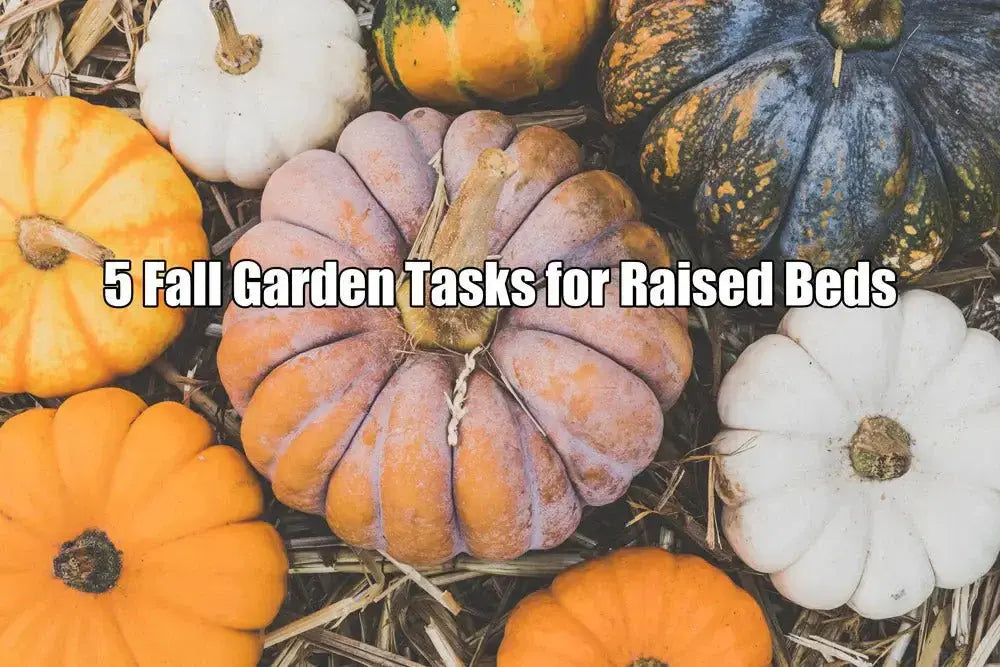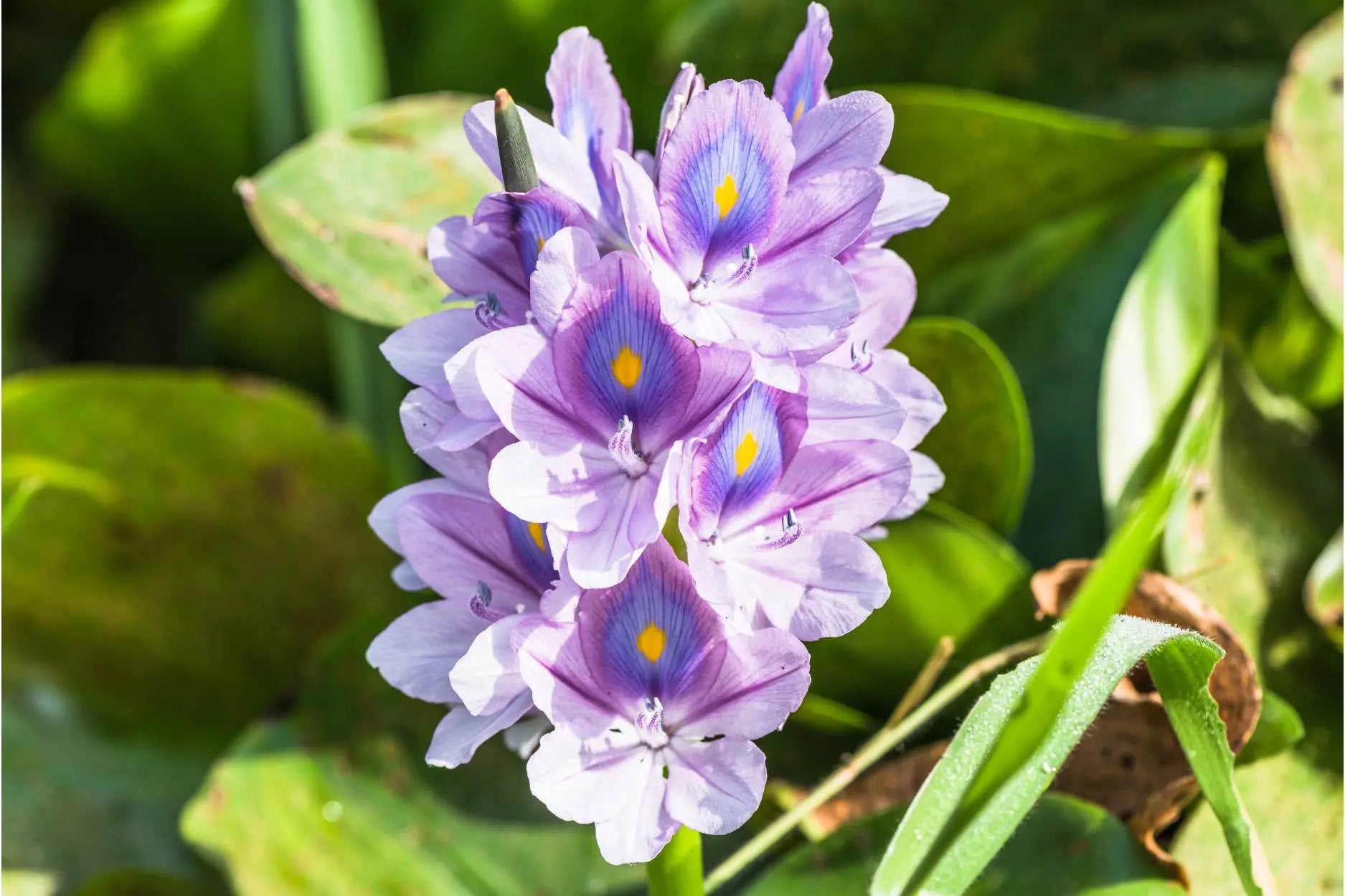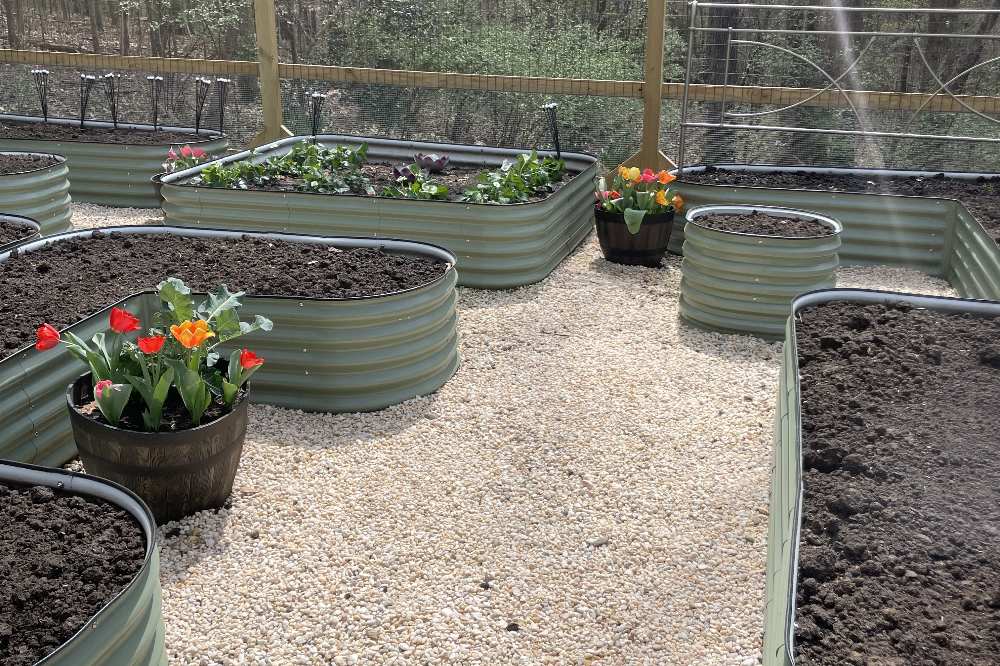Snow in Summer: 8 Wonderful Things Need To Know!
Anow-in-summer plants in terms of botanical way called Cerastium Tomentosum, is a perennial flower that gets its name due to its blooming quality. Blooming of white wooly sparkling, attractive flowers can be seen from spring to early summer. Once bloom flowers fade away, they convert into silver foliage that is resistant to extreme drought conditions.
Introduction of Snow-in-summer

Cerastium tomentosum is also called by other common names in different regions of the world. They are mainly termed as
- Snow-in-summer
- Dusty Miller
- Jerusalem Star
- Snow Plant
- Wooly Mouse-Ear Chickweed
Snow-in-summer also provides sturdy options for adding beauty to your garden, in cracks of stones, and for retaining wall cracks. This plant has the self-seeding ability, now you have to decide where you will find a place for planting this flower.
Some varieties of Snow-in-Summer:
There are also other varieties of snow-in-summer plants, which will add beauty to your living space.
Silver carpet Snow-in-summer
In spring and summer, cerastium tomentosum has white silver foliage topped with bright white flowers.
Snow-in-summer companion plants
- Dianthus:
The quintessential flower foliage, pink is attractive for its grass-like topped blue-green foliage and an enormous number of starry flowers. They are often fragrant. Pink is mostly found in spring and summer and the color changes from pink, to red, white, rose, and lavender. It appears in different colors except for the true blue color. Plant size ranges from ground cover to tall-cut flowers. - Veronica:
Veronica’s eye-captivating appearance happens in the sunny garden mostly. Some are found in the form of loose clusters, and others may be found in the form of spikes of star or tubular-shaped flowers. They bring bluish addition to the garden, but mostly flowers are in purplish or violet-blue color, rosy pink and white. - Yucca:
It is an attractive fox, having large, bird-enchanting white flowers mostly in summer and fall. This plant is usually called Hesperoyucca.
Some interesting facts:
Snow-in-summer is a perennial ground-covering flowering plant that mostly covers the coast of the U.S. state of Maine. This plant has the ability to grow faster and in abundant amounts. These are also salt-tolerant, they really enjoy and are happy with the cool breezing of the Atlantic which reduces summertime temperatures. Time-to-time trimming is a must need to avoid any rampant spread.

Snow-in-Summer care requirements:
Like other flowering plants, snow-in-summer maintenance is also needed to make it more attractive and beautiful. Care factors are also responsible for their sustenance.
Light
The plant needs and prefers full bright sunlight. In shade, it may develop fungal disorders. In order to avoid such conditions, place them in full bright sunlight.
Soil
Snow-in-summer mostly prefers high-draining soil having a slightly acidic pH which is 6.0-7.0. They can perform well on any soil except on soils that are damp and have poor drainage capacity. This poor drainage can cause root-rot problems. So you have to make sure good soil bed for planting your snow-in-summer flowers.
Water
Cerastium tomentosum prefers dry conditions and can tolerate short spans of drought. Its growth becomes decline when it gets continuous rains and sogginess happens.
Temperature and Moisture
Snow-in-summer likes to inhabit cool, dry summers. This plant is short-lived if it is planted in hot climatic conditions.
Watering and Fertilizing your snow-in-summer
This plant resists short-term drought as it is heat tolerant also, can withstand dry soil. When we talk about its feeding and fertilizing, make sure to feed this plant in summer with high nitrogen fertilizer while planting. This intake will give a good start to your plant. You can switch your feeding to phosphorus when bloom time is near.
Maintenance and Groom your plant
From time to time grooming and pruning is beneficial for your plant. Cut it a few inches for well-growth.
Growing snow-in-summer from seeds
This plant usually grows from seeds. The simple method is to sow seeds in early spring in well-prepared flower beds. It should be loosely covered with seeds; germination must happen in two to three weeks. New progeny of plants will not develop until it reaches the second year.
Propagation of snow-in-summer
The propagation takes place by seed germination.
Seed germination
Snow in the summer zone grows by growing seeds in the garden or by transplantation process in inside space. Early spring with loosely covered soil is the best timing to sow seeds to get maximum results. The germination time is long and typically requires 3-weeks. Another method of propagation is cuttings or plant division.
Cutting or plant division method
The propagation of snow-in-summer takes place during the spring season by cutting. It is ideal to space your plant 12-24 inches apart for the best growth and spread. The plant usually grows and spreads like a loose mat which fills out empty spaces between them. Once the plant reaches to maturity stage, it spreads 12-18 inches wide.

Common pest attacks and diseases
The snow-in-summer is usually resistant to pest attack and is deer and rabbit resistant also. A shaded location with high humidity definitely set plants to dampen off. This results in severe root-rot issues, as cerastium tomentosum is a short-lived plant.
Benefits and Uses of Jerusalem Star
In sunny areas, snow in summer companion plants is used as ground cover. Basically, it is a horticultural, perennial, rocky plant that forms dense mat silver carpets.
- It looks amazing and stunning by using it as bulb covers, making edgings, border front, rock gardens, or dry stony walls.
- It is ideal for landscape design and border painting.
- You can use it as cascading over walls and banks for beautifying purposes. It enhances the beauty of the garden also.
- Before blooming, the attractive, stunner appearance of silver-grey foliage looks exceptionally beautiful among other plants.
Snow in Summer Plants Care Tips
- If you want to protect your plant from disease attacks and insect infestation, you must do the pruning.
- The pruning process is necessary to avoid overcrowding that leads to stunted growth and plant diseases.
- You have to take precautionary measures to avoid overcrowding and maintain a good balance.
Select A Flower Raised Bed
By Mahnoor
Author bio: Leona has done her postgraduate in Botany at the University of Agriculture. She loves to write about nature and plants. Her passion has led to writing about plants and also expertise in every field of agriculture. She has also been associated with other companies for writing purposes and has also done research in agronomy.


